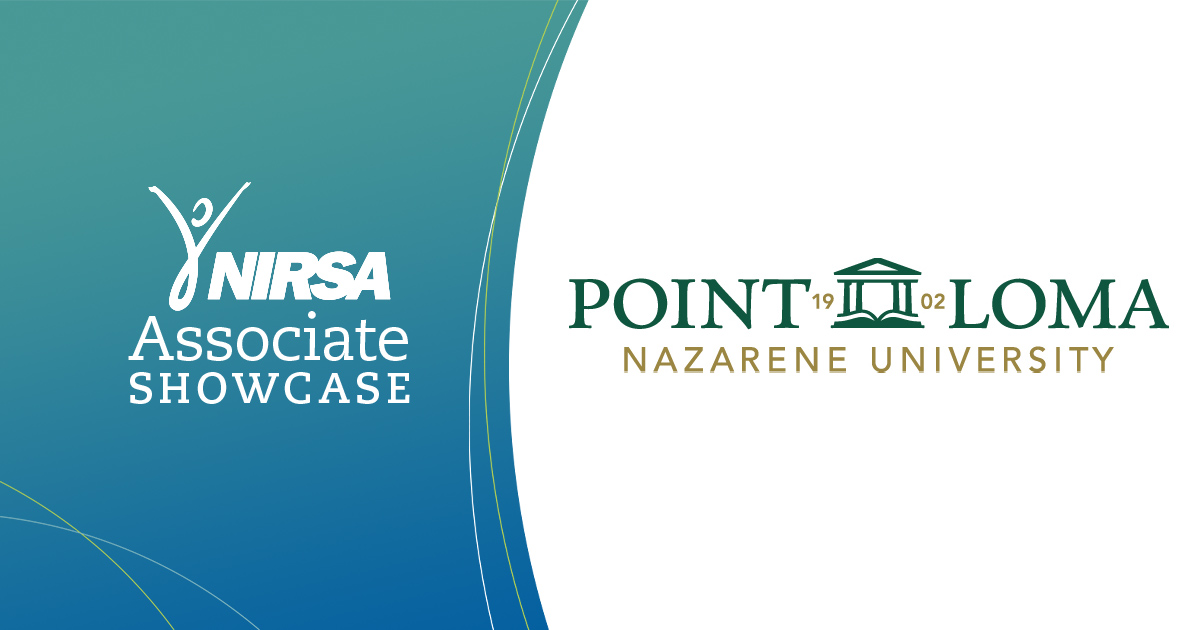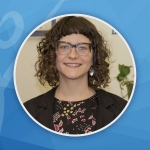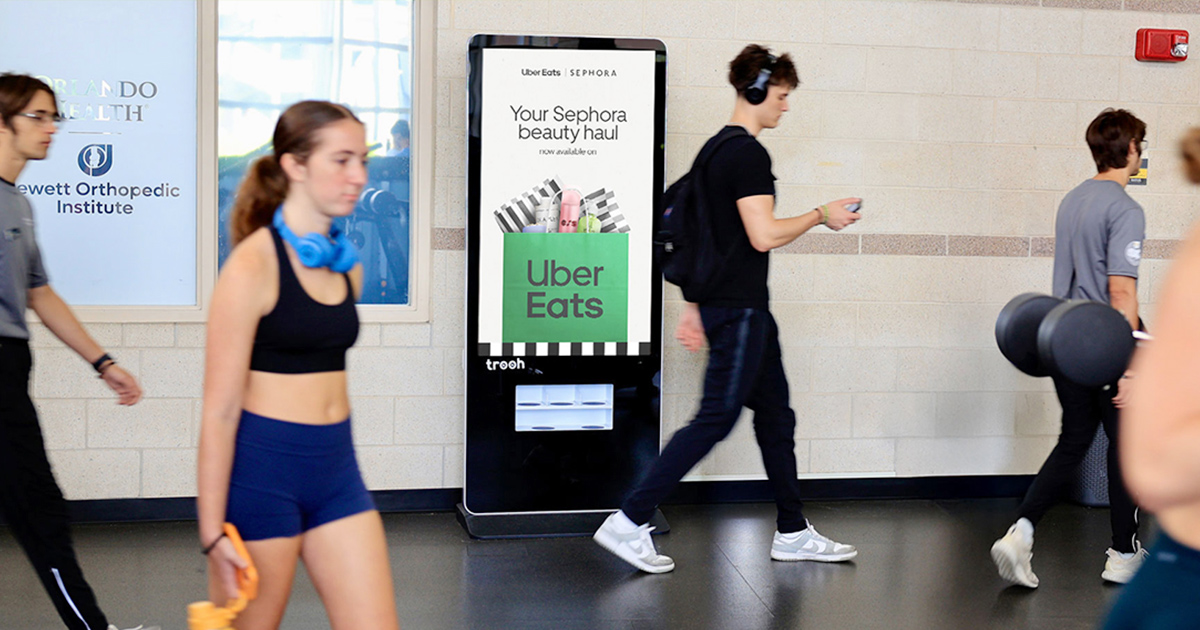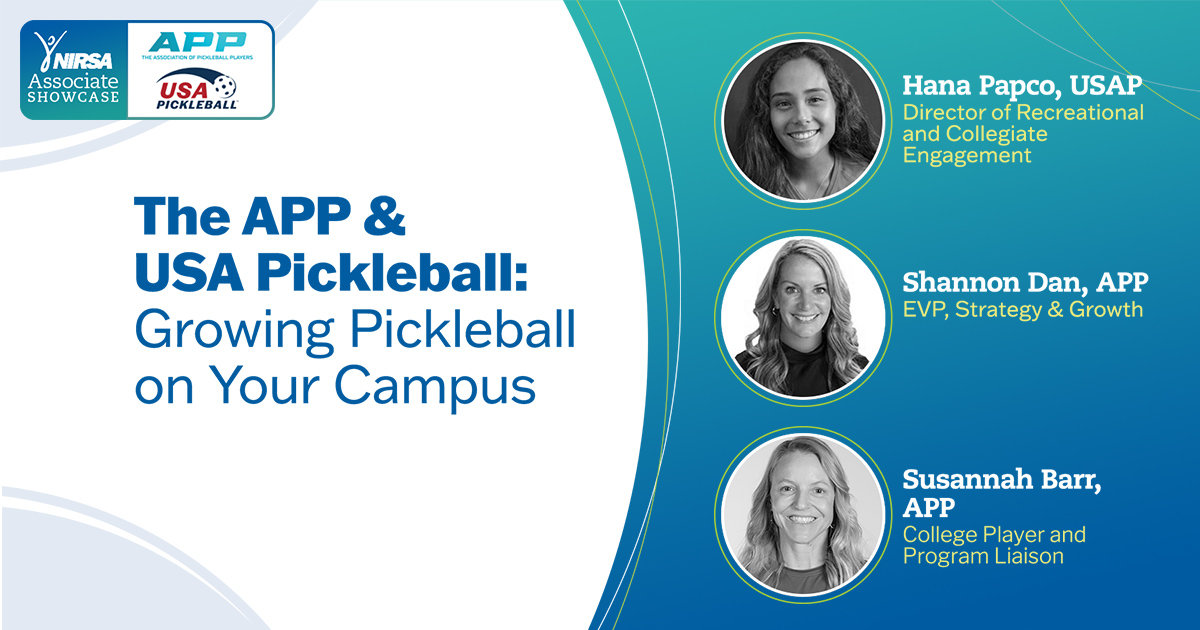“For me, wellness is personal,” Dr. Jessica Matthews said in a May 8 webinar. She shared her personal journey and family’s struggles with chronic disease, opioid use, and depression that fueled her passion for pursuing a multifaced approach to holistic health and wellbeing.
In the webinar, Jessica, Associate Professor and Director-Master of Science in Kinesiology-Integrative Wellness at Point Loma Nazarene University, provided insights into designing and delivering effective, evidence-based wellness programs and services that empower individuals to thrive.
If you’re curious about the core tenants of wellness; the interplay between mind, body, and behavior; innovative program initiatives; and professional development opportunities, check out this recording of “Reclaiming Wellness: Cultivating Campuses and Communities in Which All People Thrive,” which is available free for NIRSA members and non-members alike.
Wellness is not static
Jessica addressed misconceptions and conflicting opinions surrounding wellness, highlighting the lack of clarity in defining wellness and wellbeing over the decades.
High-level wellness isn’t merely “existing” with an absence of disease. Using Dr. John Travis’s 1970’s Illness-Wellness Continuum, she stressed that wellness is not a static state. A wellness paradigm is different than a treatment paradigm, and a person can always be moving toward wellness.
“You can always be moving in that direction,” Jessica said, no matter what a person is navigating in life and no matter where they currently are on the wellness continuum. “That, to me, is a message of hope.”
Drawing from multiple wellness models, Jessica emphasized that wellness is multifaceted and multidimensional. At her institution, the Integrated Wellness graduate program and PLNU Wellness Center synthesized various wellness models (including NIRSA’s 8-dimensions of wellbeing) to showcase the dimensions of wellness that, together, constitute wellbeing.
Striving for thriving
Jessica encouraged professionals working with wellness programs and services to consider a paradigm shift from surviving to thriving, emphasizing growth-oriented movement through life.
Shifting thinking from “What causes disease?” to “What promotes health?” helps professionals embrace an integrative approach to supporting whole-person health and wellbeing.
“We can always be moving forward toward this state of optimally functioning mentally, physically, socially…and spiritually,” Jessica explained. “That’s the whole person you and I get the privilege of serving, so we’re going to attend to all aspects of their ‘humanness.’”
Interconnectivity of thoughts, emotions, and behaviors
Using data from an October 2022 American Psychiatric Association study, Jessica highlighted the significant impact stress is taking on adults in the United States. In fact, 46% of 18-35-year-olds in the study reported that, most days, they were “so stressed they can’t function.”
While there are many uncontrollable (an inevitable) external variables in life, we can learn to “ride the waves.” To Jessica, the heart of wellbeing is a shift in perspective.
“There’s a link between the way we think; the way, in turn, we feel; and, in turn, the way we act,” she said. “They are inextricably interconnected.”
Jessica reviewed two models of mental health and further evidence supporting the link between emotional wellbeing and physical wellbeing. Exercise, diet, stress management, and social connection are positively and negatively impacted by the way we think. Cultivating positive emotion, like joy and awe, encourages health-promoting behaviors.
Jessica delved into the importance of social connection and the adverse effects of loneliness and social isolation. Studies reveal that the lack of social connections can be as detrimental to health as obesity, smoking, and high blood pressure.
“We have this fundamental need to belong,” Jessica said. “There are things you can do to help connect others deeper to themselves, deeper to the community they’re a part of and the bigger community that is being a part of the human existence.”
Steps to support whole-person health and wellbeing
Jessica outlined three intentional steps for attendees to put the webinar’s information into practice in their campus communities:
- Expand education and training: She encouraged attendees to shift their own perspectives and deepen the knowledge of both of themselves, their teams, and their campus partners.“Maybe you’re in campus recreation, but you’re collaborating with counseling, psychological services; you’re collaborating with student health services and the wellness center,” Jessica mused. “Imagine if you all learned together in a structured environment.” She highlighted PLNU’s Master of Kinesiology in Integrative Wellness program as an example of a comprehensive educational opportunity.
- Support stress reduction, resilience, and thriving: Empower people to shift the way they think so they will act differently and thrive in their lives. Movement was emphasized as medicine for mental health, with numerous studies showing a positive association between physical activity and mental wellbeing. The webinar referenced The JWB Foundation’s free “Move Your Mental Health” report, which examines the benefits of exercise for various mental health aspects based on more than 1,000 studies.
- Cultivate social connection: Jessica emphasized the importance of creating infrastructure and initiatives that foster social connectedness and a sense of belonging. She encouraged attendees to “get allies across and beyond your campus” to foster meaningful collaborations, identify underutilized resources, and model connection values like kindness and respect.
Register to view the webinar recording. For more information about NIRSA’s Associate Showcase and sponsored content opportunities, please contact NIRSA Expo & Corporate Relations Coordinator Kelley Hungerford.
Kelley Hungerford is currently the Assistant Director of Expo & Corporate Relations at NIRSA.








